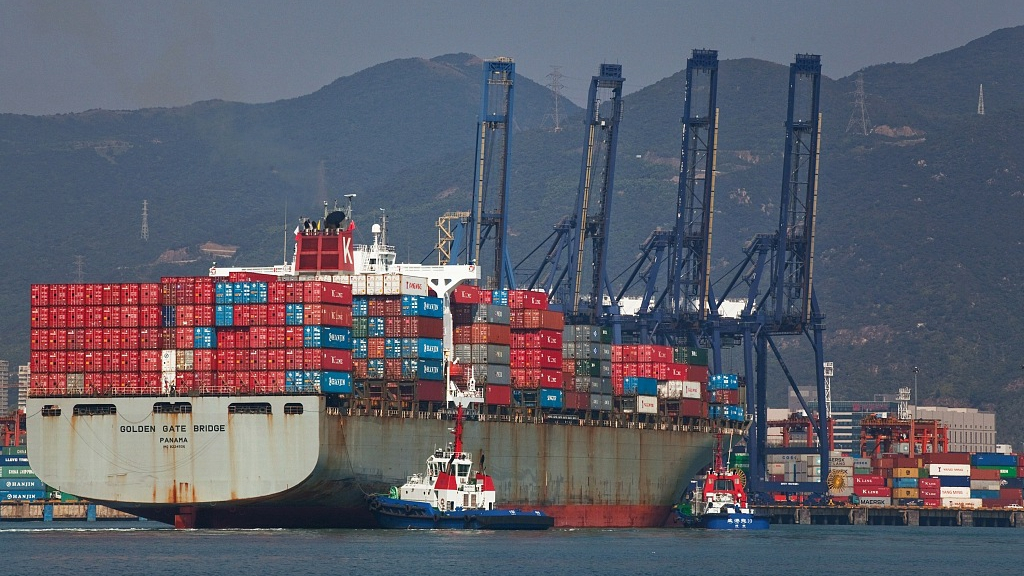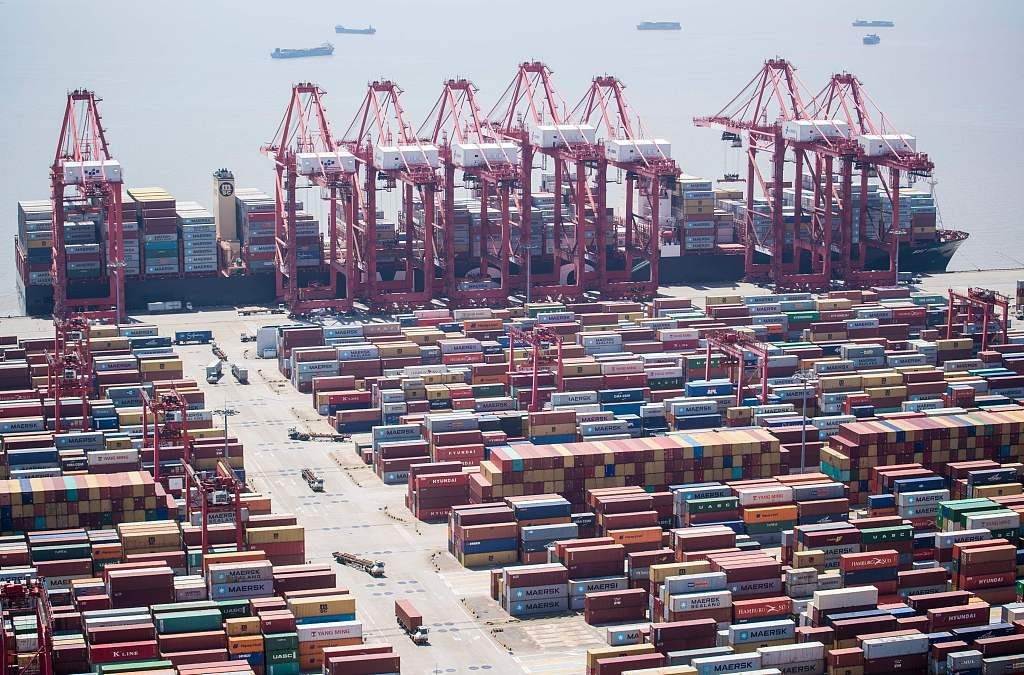

The trade dispute between the U.S. and China took another turn on September 1 with a new major round of U.S. tariffs. Billions more in Chinese goods have been hit with tariffs, particularly consumer products. U.S. President Donald Trump already plans to further increase import duties on 250 billion U.S. dollars of Chinese products in October.
Meanwhile, China has announced that it will introduce a smaller set of tariffs on U.S. goods. And, as all of this plays out, there is potential for more talks between both sides in Washington.
Zhao Hai, an assistant research fellow with the Chinese Academy of Social Sciences, states that China does want a deal, but it’s not the deal that is under President Trump’s current terms. What’s been seen from Beijing is that Trump does not intend to maximize the benefit for both countries, but simply wants to push down China's economy.
Zhao thinks Trump is trying to maximize pressure on China so that it can surrender to his terms, but so far China has not given an inch, so his strategy is failing. From China’s standpoint, it wants Trump to be sincere and rational in these negotiations and is ultimately waiting for the U.S. side to come back to the negotiating table.
John Sitilides, a government affairs specialist and consultant to the U.S. State Department, says that all tariffs may continue and depends on the decisions that are being made in Washington and Beijing in the weeks and months ahead.
The Chinese government representative is speaking in a traditional negotiating and diplomatic style while President Trump brings an unorthodox negotiating style, which is that he feels that given his success in business, he thinks can apply that experience to diplomacy and trade talks.

A U.S. cargo ship at the Yangshan Deep-Water Port, an automated cargo wharf, in Shanghai on April 9, 2018. /VCG Photo
The pressure that’s been applied for China is not only aiming to bring pain to the Chinese economy, but more deeply getting China to begin to move closer in the U.S.’ direction. And there’s going to be pressure from the Chinese government on Trump’s administration as well. The Chinese government is looking to see where they can maximize their pain on the states that are key to President Trump’s electoral strategy.
Sitilides thinks the larger issue is what is going to be the defining relationship between the United States and China. Will they become competitors, will they become collaborators, or will they become enemies?
Sitilides also points out that we have to tread carefully on this issue to make sure that we have a positive outcome for both countries.
Yan Liang, an associate professor of economics at Willamette University, argues that since the talks in Shanghai, President Trump seemed to take a slew of actions that have greatly escalated the trade tensions.
It seems that Trump is the one who’s in a rush to try to get a trade deal because increasingly he recognized that a quick trade deal is difficult. It’s harder and harder to win and he’s going to be nervous when he gets closer to the 2020 election. In September, President Trump would still try to apply maximum pressure and yet he has to walk a fine line of not crashing the U.S. economy.
For China, October 1 is the 70th anniversary of the founding of People’s Republic of China, so there could be two likely outcomes: one is that they could come to the negotiating table and make some concessions. The opposite could be that they take a tougher stance to showcase that China is not going to succumb to the U.S.’ bullying. Liang thinks that both outcomes are quite likely.
Saruhan Hatipoglu, a global economics analyst for CGTN, deems that the internal pressure that the U.S. president faces is in the short term. And although the agreement is going to come sooner than later, it’s not going to be the cyclical part of trade, just numbers.
(If you want to contribute and have specific expertise, please contact us at opinions@cgtn.com.)

Copyright © 2018 CGTN. Beijing ICP prepared NO.16065310-3
Copyright © 2018 CGTN. Beijing ICP prepared NO.16065310-3